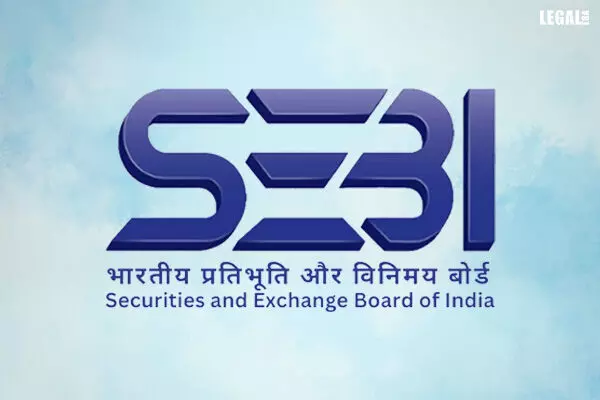- Home
- News
- Articles+
- Aerospace
- AI
- Agriculture
- Alternate Dispute Resolution
- Arbitration & Mediation
- Banking and Finance
- Bankruptcy
- Book Review
- Bribery & Corruption
- Commercial Litigation
- Competition Law
- Conference Reports
- Consumer Products
- Contract
- Corporate Governance
- Corporate Law
- Covid-19
- Cryptocurrency
- Cybersecurity
- Data Protection
- Defence
- Digital Economy
- E-commerce
- Employment Law
- Energy and Natural Resources
- Entertainment and Sports Law
- Environmental Law
- ESG
- FDI
- Food and Beverage
- Gaming
- Health Care
- IBC Diaries
- In Focus
- Inclusion & Diversity
- Insurance Law
- Intellectual Property
- International Law
- IP & Tech Era
- Know the Law
- Labour Laws
- Law & Policy and Regulation
- Litigation
- Litigation Funding
- Manufacturing
- Mergers & Acquisitions
- NFTs
- Privacy
- Private Equity
- Project Finance
- Real Estate
- Risk and Compliance
- Student Corner
- Take On Board
- Tax
- Technology Media and Telecom
- Tributes
- Viewpoint
- Zoom In
- Law Firms
- In-House
- Rankings
- E-Magazine
- Legal Era TV
- Events
- News
- Articles
- Aerospace
- AI
- Agriculture
- Alternate Dispute Resolution
- Arbitration & Mediation
- Banking and Finance
- Bankruptcy
- Book Review
- Bribery & Corruption
- Commercial Litigation
- Competition Law
- Conference Reports
- Consumer Products
- Contract
- Corporate Governance
- Corporate Law
- Covid-19
- Cryptocurrency
- Cybersecurity
- Data Protection
- Defence
- Digital Economy
- E-commerce
- Employment Law
- Energy and Natural Resources
- Entertainment and Sports Law
- Environmental Law
- ESG
- FDI
- Food and Beverage
- Gaming
- Health Care
- IBC Diaries
- In Focus
- Inclusion & Diversity
- Insurance Law
- Intellectual Property
- International Law
- IP & Tech Era
- Know the Law
- Labour Laws
- Law & Policy and Regulation
- Litigation
- Litigation Funding
- Manufacturing
- Mergers & Acquisitions
- NFTs
- Privacy
- Private Equity
- Project Finance
- Real Estate
- Risk and Compliance
- Student Corner
- Take On Board
- Tax
- Technology Media and Telecom
- Tributes
- Viewpoint
- Zoom In
- Law Firms
- In-House
- Rankings
- E-Magazine
- Legal Era TV
- Events
SEBI Proposes Issuing Demat Shares During Company Splits

SEBI Proposes Issuing Demat Shares During Company Splits
The public can send their comments till 04 February
The Securities and Exchange Board of India (SEBI) is considering issuing shares only in demat mode if a company splits or consolidates the face value of its shares.
The market regulator has issued a consultation paper highlighting the inherent benefits of demat shares. These include eliminating the risks of loss, theft, mutilation and fraud, associated with physical certificates and transparency for mandatory dematerialization of securities.
The investors have been implored to hold shares in demat mode; however, some investors continue with shares in physical form.
Investors not having demat accounts are allotted shares in demat form due to split, consolidation or restructuring. The companies issuing the shares in demat form must create a separate demat account or suspense escrow account with ownership records.
SEBI explained that holding shares in demat form offered better regulatory supervision, reduced legal conflicts, and lowered costs for investors and organizations. It is firm that existing certificates should be converted, halting the creation of new physical certificates.
The consultation paper read, "It is proposed to amend the SEBI (LODR) Regulations, 2015 to mandate the issuance of securities only in demat form in case of sub-division, split, or consolidation of the face value of securities and scheme of arrangement to encourage demat holding of securities.”
The regulator also suggested modifications to the SEBI (Listing Obligations and Disclosure Requirements) Regulations, including removing the requirement for maintaining the ‘proof of delivery’ for notifications about 'minor differences in the signature' and significant signature variations or signature unavailability.



